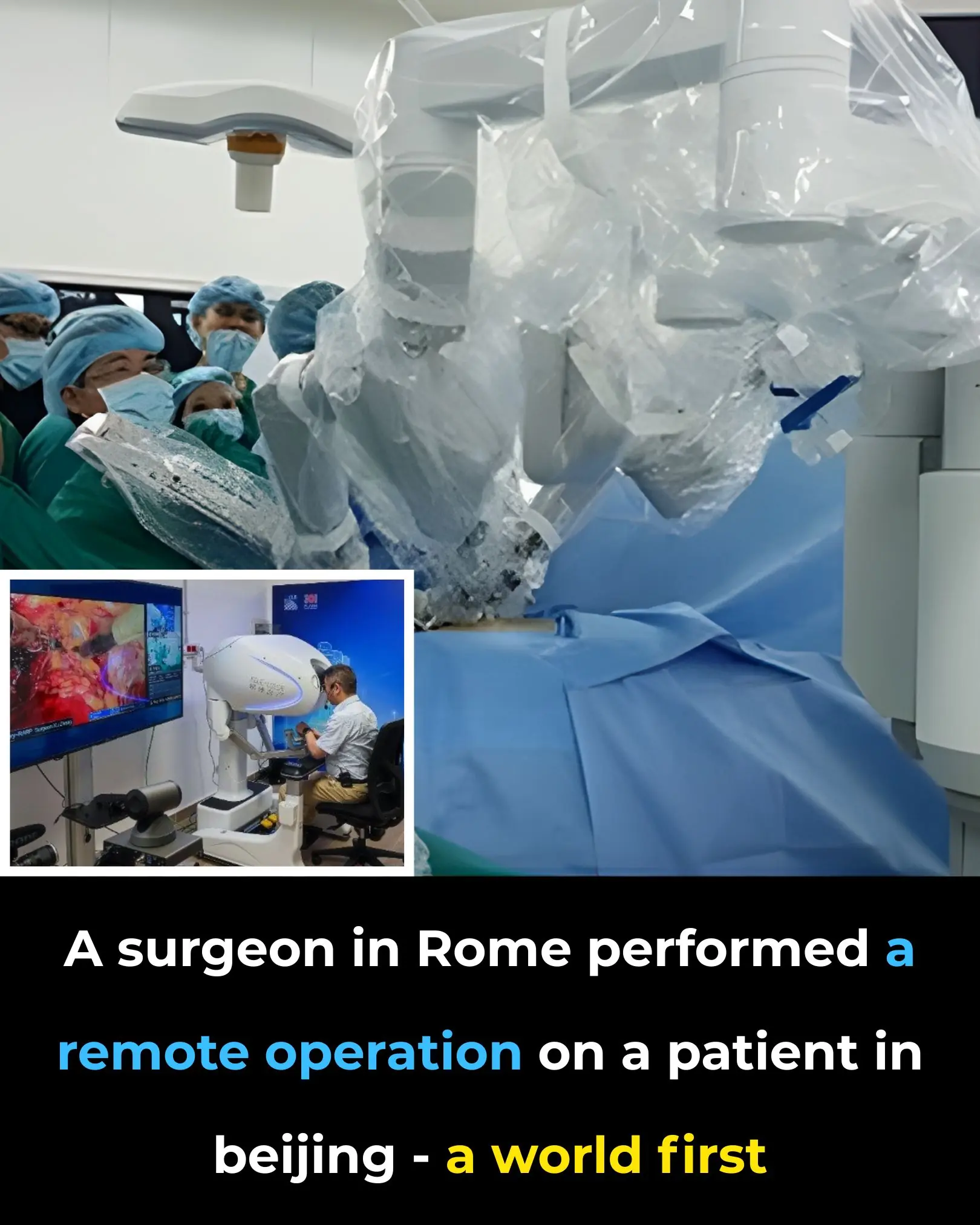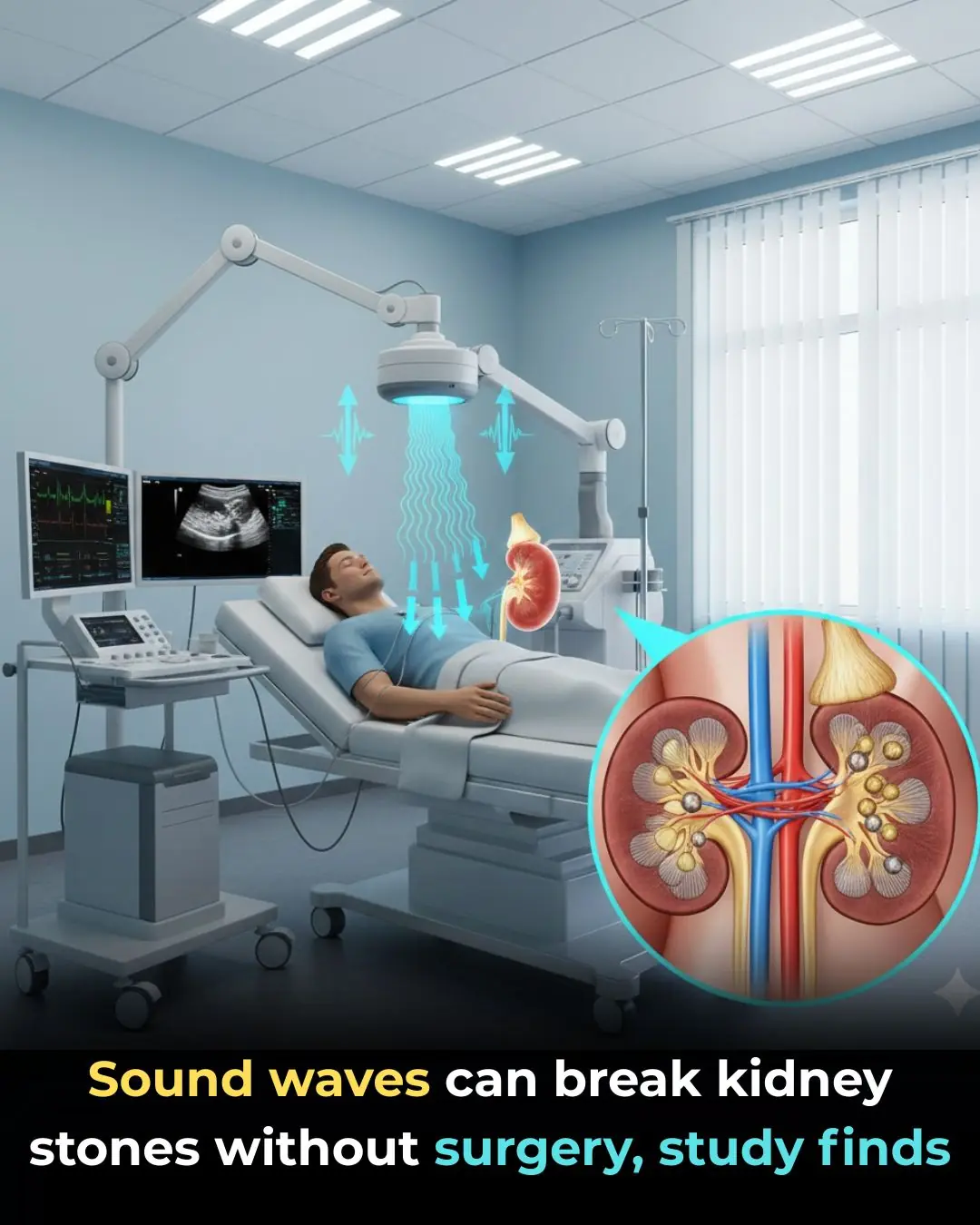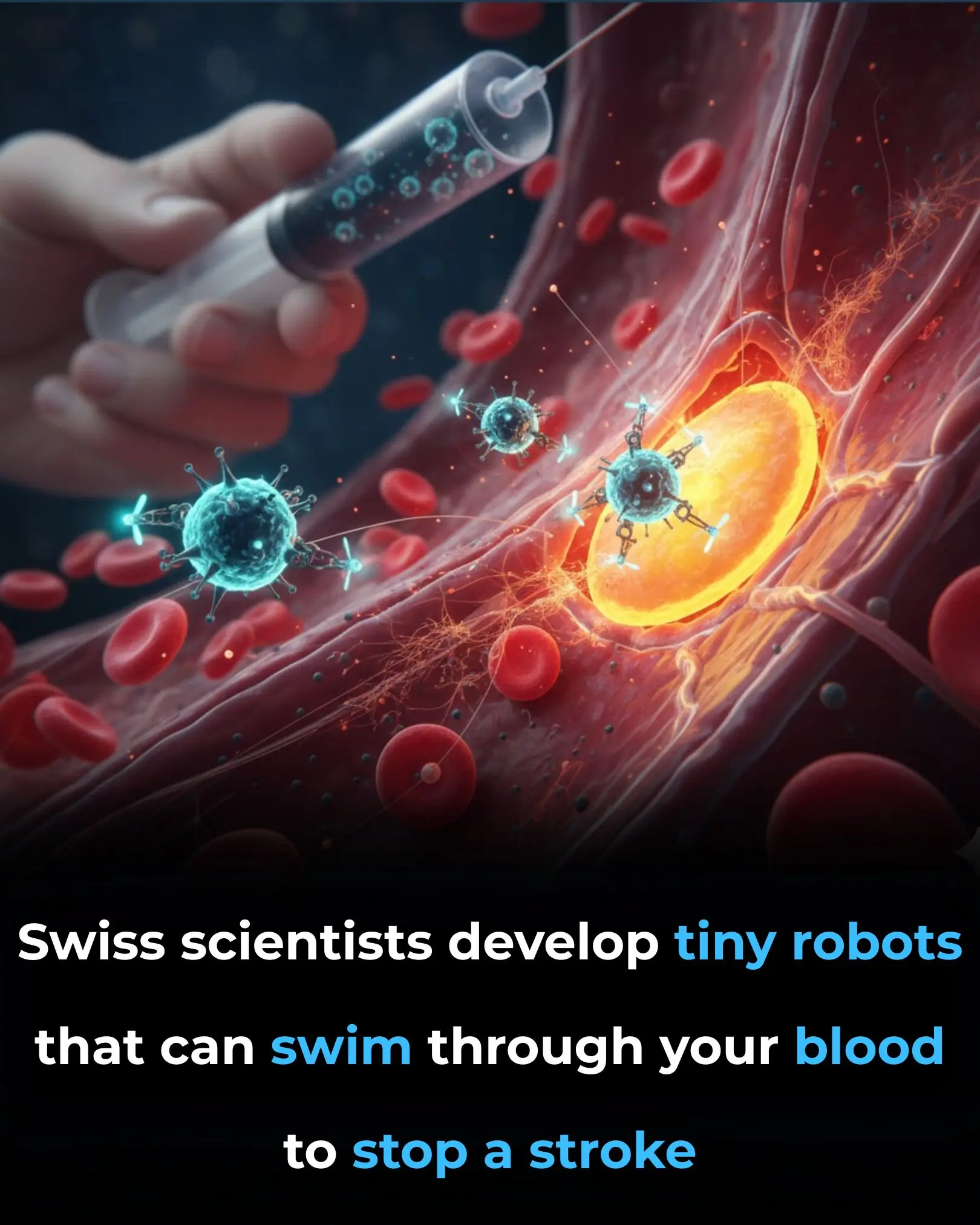
Revolutionary Miniature Implant Offers New Hope for Restoring Vision in Macular Degeneration Patients
A groundbreaking, miniature implant is providing a new source of hope for millions of people suffering from severe vision loss caused by macular degeneration. This innovative device is changing the landscape of vision restoration by bypassing damaged retinal cells and directly stimulating the remaining healthy cells in the retina. As a result, it is enabling patients to recover vision that many believed was permanently lost.
Macular degeneration, especially age-related macular degeneration (AMD), is one of the leading causes of blindness worldwide, affecting millions of people, particularly those over the age of 60. This condition leads to the gradual deterioration of the central part of the retina, which is crucial for tasks such as reading, recognizing faces, and performing daily activities. The traditional approach to treating this disease has been limited, with most interventions focusing on slowing down the progression rather than restoring lost vision. However, this new implant represents a paradigm shift in the way doctors are tackling AMD and other related vision impairments.
The implant is minimally invasive, requiring only a small procedure to place it under the retina. It works by bypassing the damaged retinal cells, which have lost their ability to function, and directly stimulating the healthy remaining cells. By using advanced technology to stimulate these cells, the device effectively restores the patient’s ability to see certain shapes, movement, and even finer details that were previously beyond their sight. For many patients, this technology marks a significant improvement, allowing them to regain independence and carry out activities like reading, identifying people, and navigating their environment with greater ease.
Early trials of this revolutionary implant have demonstrated remarkable results. Participants who had been living with impaired vision for years were able to experience significant improvements in their sight after receiving the device. Many regained the ability to detect movement, perceive shapes, and even make out fine details—functionality that was once thought impossible for those with advanced macular degeneration. Some patients reported that they could once again engage in daily tasks that had become increasingly difficult or impossible without assistance.
This breakthrough in retinal implant technology marks a major milestone in the ongoing battle against macular degeneration and other vision-related ailments. With the success of initial trials, there is growing optimism about the future potential of retinal implants. Experts believe that with further development and more extensive clinical trials, these implants could be adapted to treat more severe forms of vision loss, potentially benefiting millions of people worldwide.
The broader implications of this breakthrough are profound. Not only does this technology promise to improve the quality of life for those affected by macular degeneration, but it also opens the door for future advancements in retinal health. Researchers are already exploring the possibility of using similar implants for patients with other types of retinal diseases, as well as for individuals who have experienced trauma to the retina.
In the long run, experts believe that these tiny implants could help restore independence and dignity to patients suffering from severe vision loss. As technology continues to improve, these implants may become more widely accessible and effective. For millions of people around the world, this device could offer the chance to regain some of the most fundamental aspects of life—sight and autonomy. As further research progresses, there is hope that retinal implants could become a common treatment option for a wider range of vision impairments, transforming the lives of countless individuals.
News in the same category


Nature’s Defense: How Guava May Support Liver Health and Fight Cancer Cells

The Powerful Role of Eggs in Supporting Early Memory and Learning in Babies

📱 The End of Wallet Clutter: Apple’s Digital ID Revolutionizes Identity Verification and Travel

Lighting the World Without Batteries: A Teen’s Breakthrough in Thermoelectric Innovation

Judy Faulkner: The Billionaire Tech Entrepreneur Pledging 99% of Her Fortune to Philanthropy

🤝 The Collaborative AI Future: OpenAI Launches WhatsApp-Like Group Chats in ChatGPT

Unlocking Nature’s Medicine: How Fermented Stevia Could Transform Future Cancer Treatment

True Devotion in Fatherhood: The Power of Showing Up, No Matter the Circumstances

🇯🇵 Innovation with Compassion: Japan's Heated Benches Offer a Practical Solution to Protect the Homeless

🔦 Stepping into the Upside Down: How Netflix is Revolutionizing Fan Engagement with Immersive Stranger Things Experiences in London

Historic Transcontinental Robotic Surgery: Doctor in Rome Performs Live Surgery on Patient in Beijing

🧠 The Nocturnal Rinsing Cycle: Deep Sleep, CSF Dynamics, and the Fight Against Alzheimer's

When Convenience Becomes a Crisis: The Global Impact of Ultra-Processed Foods

🌊 A Paradigm Shift in Urology: Non-Invasive Shock Wave Lithotripsy Revolutionizes Kidney Stone Treatment

Targeting a Hidden Brainstem Circuit: New Breakthrough Reverses Core Autism Symptoms in Lab Models

AI Models Ignoring Human Shutdown Commands: A Growing Concern for Safety and Control

Portuguese Mother Discovers Her Twin Boys Have Different Fathers in Rare Case of Heteropaternal Superfecundation

Revolutionary Magnetic Microrobots Could Transform Stroke Treatment with Targeted Therapy
News Post

DIY Vaseline Cream: The 4-Ingredient Glow Hack That Makes Your Skin Baby-Soft Overnight

DIY Fenugreek Hair Masks for Hair Growth & Reducing Hair Fall

Will Americans Receive $2,000 Stimulus Checks? What You Need to Know

A Simple Superfood That Enhances Your Baby's Brain Development During Pregnancy

Why Some Children Don’t Visit Their Parents Often

Don’t Drink Coconut Water Before You Know These 11 Secrets!

The #1 habit that’s destroying muscle in older adults—are you doing this?

Tomato Benefits for Skin – How Tomato Slices Can Transform Your Skin Naturally

This Plant Is Tastier Than Meat! 8 Reasons to Keep It in Your Garden

Walnuts Feed Your Microbiome: The Small Superfood That Transforms Your Gut and Your Mood

3 Steps Skin Care To Get Dewy Glass Skin

What happens when you start eating chia seeds every day

Why You Should Stop Using Petroleum Jelly On Your Skin (It’s a Byproduct of the Petroleum Manufacturing Process)

Air Conditioner Blowing Only Air but Not Cooling? Here’s How to Fix It Without Calling a Technician

14 Reasons to Drink Lemon Water First Thing in the Morning

Had no clue about this

Scientifically Proven Health Benefits of Cayenne Pepper

Why Does Your Refrigerator Frost Over and Does It Increase Electricity Consumption?
